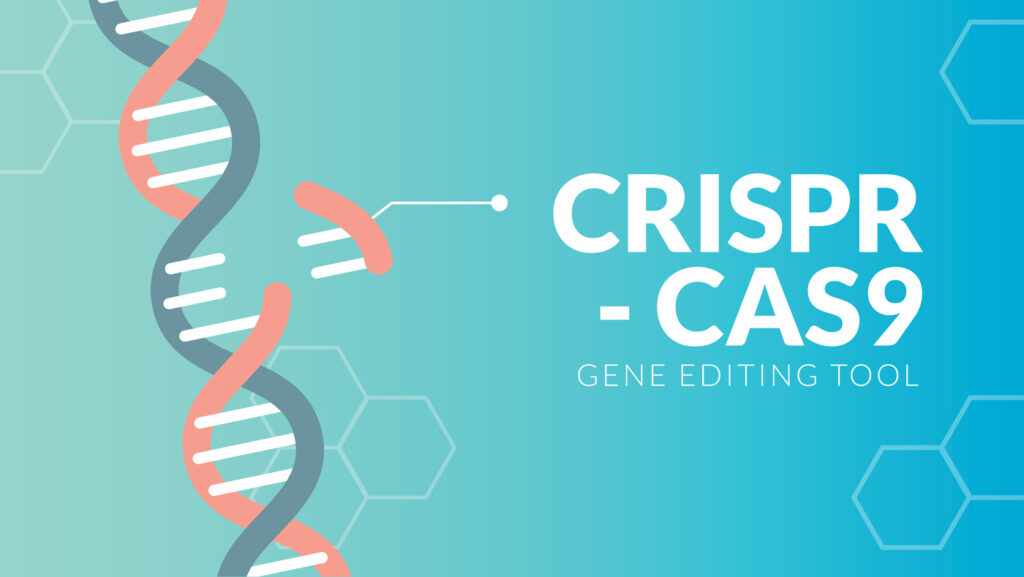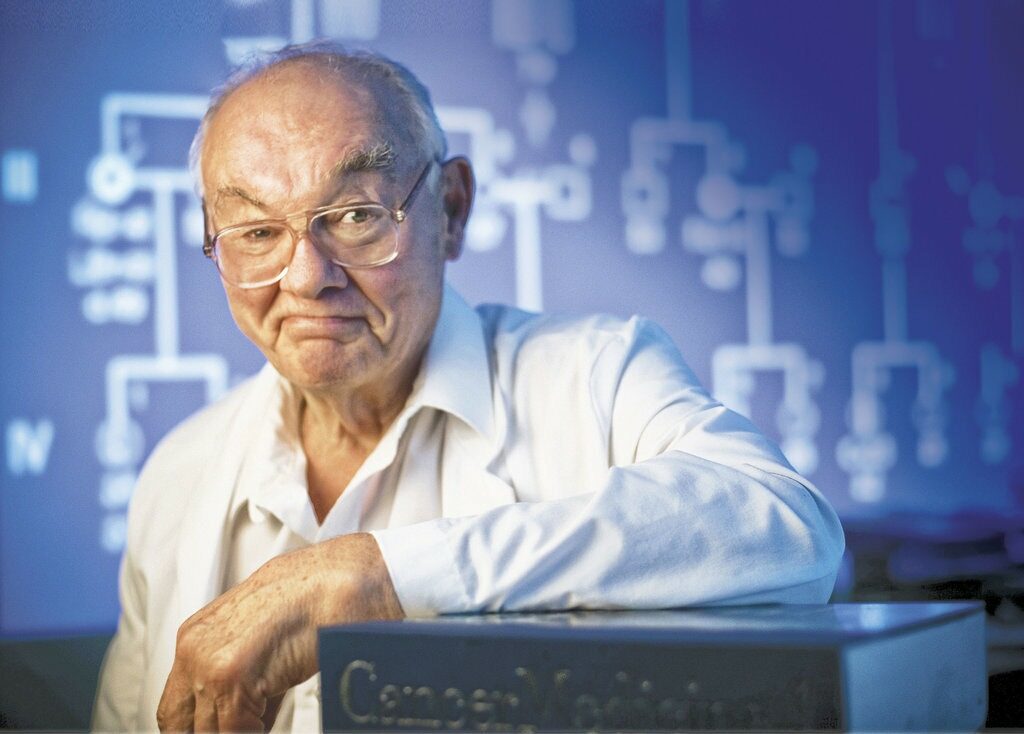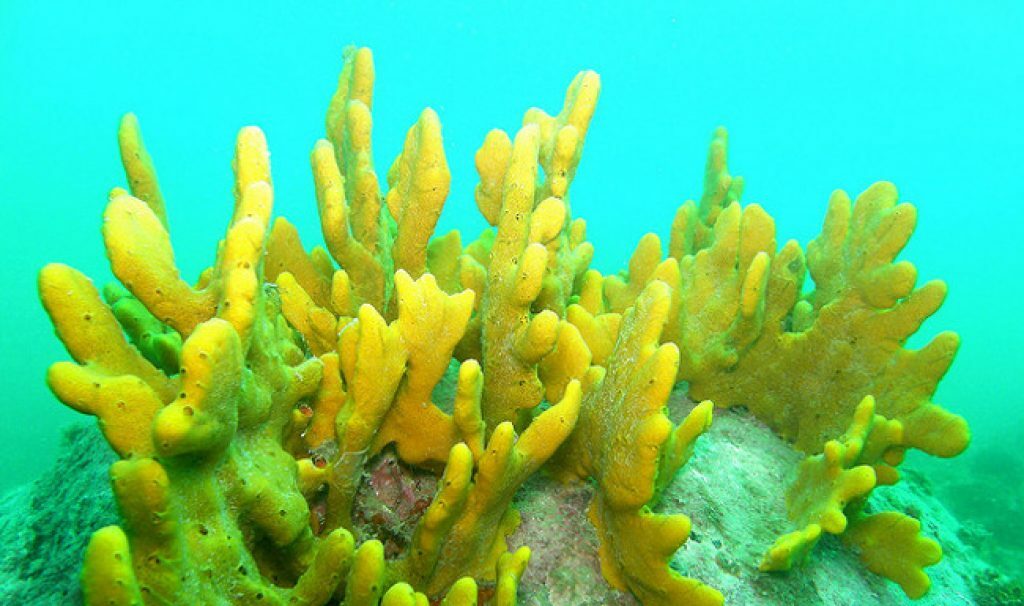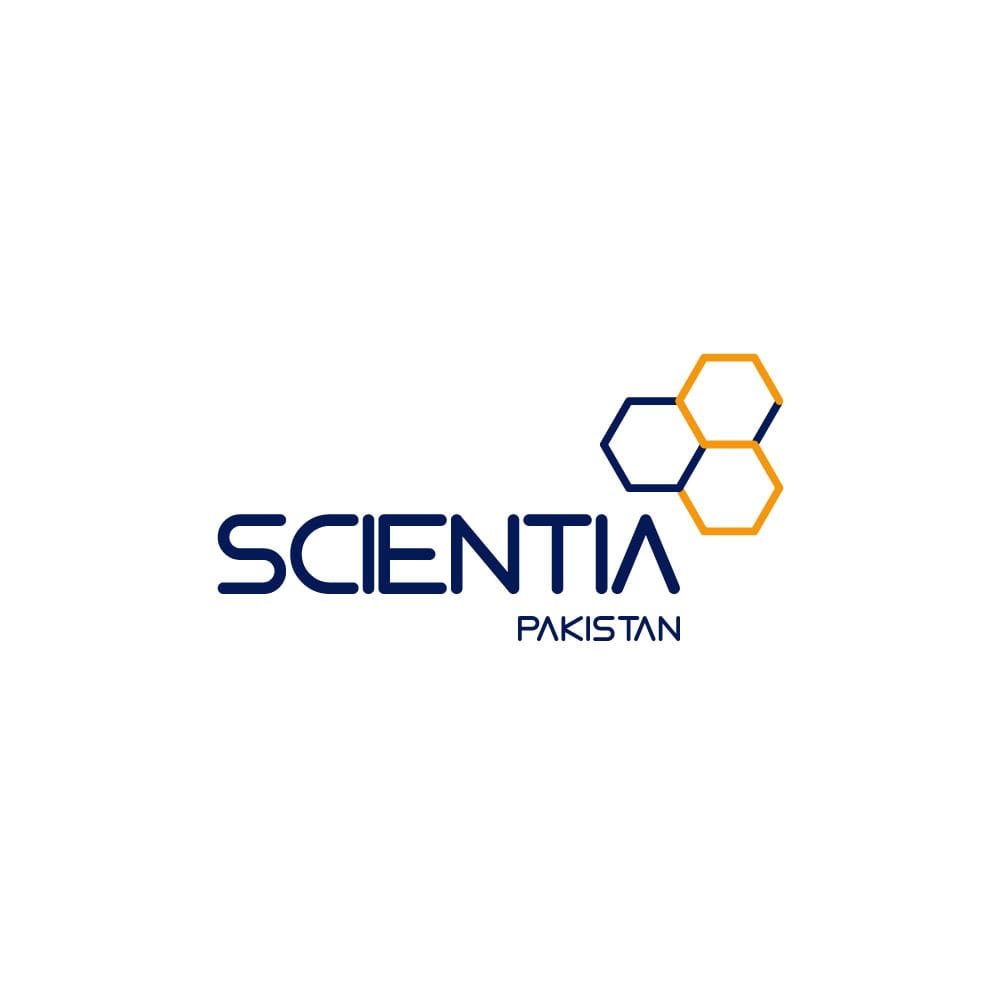Gene edited babies may die young

The scientific world was shocked last year when a scientist from China, edited human genomes of two twin girls. He claimed to have used CRISPR gene editing technology to alter sequences that were linked with HIV. It was disturbing because the study was done without any ethical considerations and now, research has shown that the gene edited babies are at risk of dying early. At the University of California, Berkeley, scientists looked at health records of individuals who had registered their genomes in the gene bank and found that the mutation on the region of the gene where the Chinese scientist aimed at, was linked with early death. The causes of the linkage are not yet available and more vulnerability to diseases in such mutant individuals have also been observed. This is not the first time this gene editing experiment was criticized though. Last year, these results were rejected when presented in a conference and were also exempted from publications in several journals. Even the Chinese government got involved and condemned this research.
Henry Lynch, the father of cancer genetics, dies at 91

Father of Cancer Genetics Henry Lynch died on June 2 at the age of 91. He was an American Physician, who discovered the common form of hereditary colorectal cancer. Henry joined the faculty at Creighton University in 1969, where he observed that cancers patients had relatives and ancestors with the same type of cancer. He also helped define the necessary criteria for genetic cancer: early age of onset of the disease, specific pattern of multiple primary cancers, and Mundelein patterns of inheritance in hundreds of extended families worldwide. He established the cancer prevention clinic at Creighton, and his credited work focused on promoting the early detection techniques and spreading awareness to people about cancer and its symptoms which can save thousands of lives.
Controversy about US Bill on gene patents

On 3 June 2019, the American Civil Liberties Union (ACLU) in Washington, D.C., along with more than 169 other signatories from research institutes and advocacy groups, sent a letter to the Senate Judiciary Committee’s Subcommittee on Intellectual Property strongly opposing a draft bill that would allow companies to patent human genes. The US Supreme ruling in 2013 barred from future patenting on genes and associated studies. Last month the US senators’ bipartisan groups of lawmakers drafted a bill, making changes to the several sections of the patent law and added a provision that would nullify the supreme court’s exceptions. This Bill created huge controversy about human health as it can allow companies to hold patents granting them rights to nature, disease, and, gene studies. Patent holders would be able to control who can provide tests for genetic mutations associated with pathologies like cancer, muscular dystrophy, Alzheimer’s disease, heart disease, and other rare and common diseases,
First gene edit performed in space

For the first time in history, ISS (International Space Stations) astronauts edited a gene in space to using CRISPR Cas9 technology. It was a successful experiment repairing human DNA damage by cosmic radiations. Four students of a high school in America sent this proposal to NASA for a space program. The team of Students David Li, Aarthi Vijayakumar, Rebecca Li, and Michelle Sung, won the 2018 Genes in Space contest. The study is the result of a multi-center collaboration between scientists and engineers at NASA’s Johnson Space Center. The basic purpose of the experiment was to study the effects of radiation on the human genome and proper remedies for future astronauts. When astronauts travel in space and spend time, they face many problems with their health and their bodies are affected by cosmic radiations. “Our aim,” explained Emily Gleason, one of the researchers who perfected the miniature experimental apparatus for ISS, “is to understand whether DNA repair mechanisms in space are different from those on Earth. With this information,” she concluded, “in the future, we will be able to help astronauts better protect themselves.”
Sponges could capture DNA to track ocean health

Although it is very difficult to find the biological health of the ocean and sea, researchers have discovered a unique idea to found genetic material in the sea, which is through using sponges. Likes humans, water-dwelling animals leave DNA behind in the water and the marine biologists discovered that sponges can filter 1000 liter of water daily and catch DNA in their tissues. DNA in sponges from the Mediterranean and Antarctic demonstrated that sponges can be used for finding biotic health. Ecologists say that sponges are ideal sampling units because they are found everywhere and in every aquatic habitat, including freshwater. Using this method researcher Mariani and his team found the DNA of 31 taxa. Most of the DNA obtained was from fish, but one sponge sample from Antarctica included DNA from Weddell seals and chinstrap penguins. The benefit of using this process is that the DNA of sponges can’t affect the DNA of any other species. Mariani noted that the gathering of sponge samples isn’t always practical, especially when they’re located in deep water. So, researchers are now looking into gathering DNA from other water-filtering organisms such as jellyfish.


